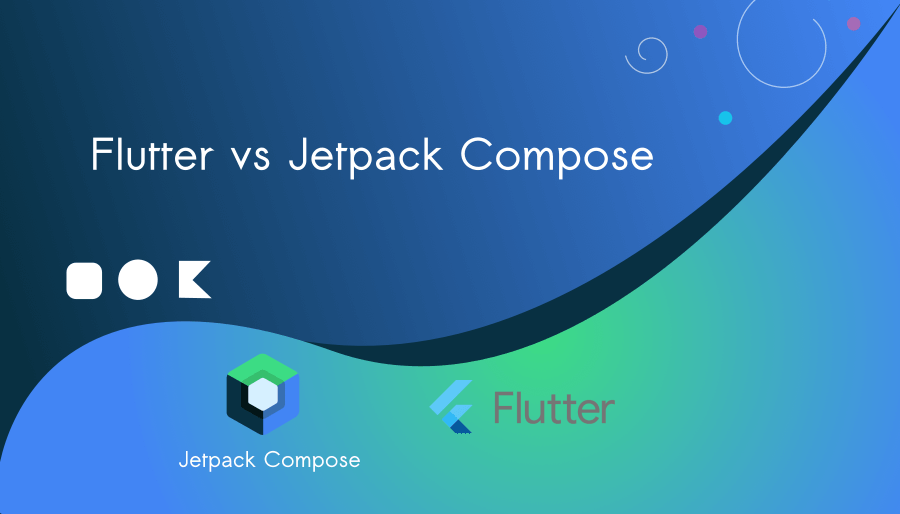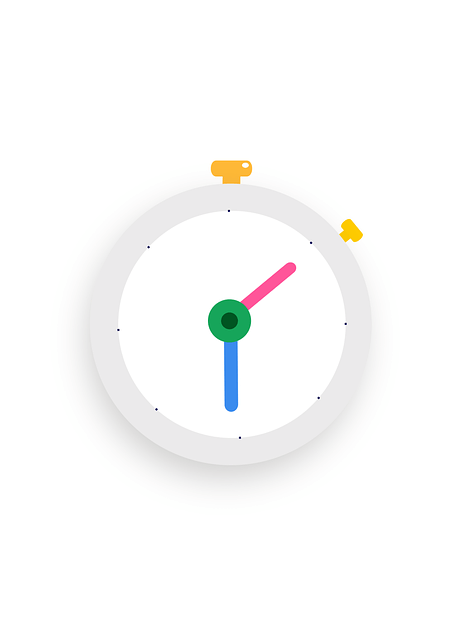Flutter vs Jetpack Compose: Unraveling the Best Framework
In the fast-evolving world of app development, developers are always on the lookout for cutting-edge technologies that provide seamless user experiences and increased efficiency. Let’s explore the dev mantra of Flutter vs Jetpack Compose.
Both frameworks offer unique advantages, but choosing the right one can be challenging. Let’s delve into the key features and differences between Flutter and Jetpack Compose, helping you make an informed decision for your next app development project.
Flutter vs Jetpack Compose – Overview
Flutter is an open-source UI software development kit developed by Google. It allows developers to build natively compiled applications for mobile, web, and desktop platforms from a single codebase. Flutter boasts a reactive, component-based architecture and comes equipped with an extensive set of pre-designed widgets. This helps developers create stunning and responsive user interfaces with ease. Additionally, Flutter’s hot reload feature allows for real-time code changes, significantly reducing development time.
Jetpack Compose, on the other hand, is a modern Android UI toolkit developed by Google. It aims to simplify UI development by utilizing a declarative approach, allowing developers to define the user interface using concise and readable code. Jetpack Compose is fully integrated with Android Studio, providing a seamless development experience for Android applications. With its UI widgets and state-of-the-art tooling, developers can build visually appealing and interactive apps efficiently.

Performance and Speed
When it comes to performance, both Flutter and Jetpack Compose are commendable, but they employ different approaches. Flutter’s rendering engine, built with the Skia graphics library, allows for fast and smooth animations. Since Flutter compiles to native code, it delivers high performance and near-native app experiences. However, the downside is that the app size may be larger compared to some other frameworks.

On the other hand, Jetpack Compose leverages the native capabilities of the Android platform, ensuring excellent performance without bloating the app size. Being specifically designed for Android, Jetpack Compose takes advantage of the platform’s underlying optimizations, resulting in apps that are highly responsive and performant.
Learning Curve
The learning curve is an essential factor to consider, especially for developers new to these frameworks. Flutter follows a more traditional object-oriented programming model, which is familiar to developers with experience in languages like Java, C#, or JavaScript. Developers with a background in these languages can quickly adapt to Flutter’s architecture and start building apps with relative ease.
On the other hand, Jetpack Compose’s declarative approach might feel more intuitive for developers who have experience with modern UI frameworks like React or SwiftUI. Its simplified syntax allows for rapid development, making it easier for new developers to get up to speed quickly.

Flutter vs Jetpack Compose : Community and Ecosystem
The strength of a development framework is often reflected in its community support and the availability of third-party packages. Flutter has gained significant traction and boasts a thriving community that actively contributes to its growth. The Flutter community has created a vast array of plugins and packages, making it easy for developers to add functionalities to their apps without reinventing the wheel.
Jetpack Compose, while relatively new, is backed by Google and is an essential part of the Android Jetpack libraries. This association ensures consistent updates and improvements to the framework. As it gains popularity, the Compose ecosystem is rapidly expanding, providing developers with more resources and options.
Platform Support
Flutter has a clear advantage when it comes to platform support. It allows developers to build apps for Android, iOS, web, and desktop platforms using a single codebase. This cross-platform capability saves time and resources, making it an attractive choice for projects targeting multiple platforms.
Jetpack Compose, as of now, is primarily focused on Android app development. While there are efforts to bring Compose to other platforms, it currently lacks the extensive cross-platform support that Flutter offers.

Verdict : Flutter vs Jetpack Compose
Flutter and Jetpack Compose are powerful frameworks that cater to different needs in the app development world. Flutter’s robust cross-platform support and excellent performance make it an excellent choice for projects targeting multiple platforms. Its hot reload feature and mature ecosystem are additional perks that developers appreciate.
On the other hand, Jetpack Compose is tailored specifically for Android development and offers a simplified, declarative approach that many developers find appealing. Its integration with Android Studio and native performance optimization make it an attractive option for developers focused on building top-tier Android applications.
Ultimately, the choice between Flutter and Jetpack Compose depends on your project requirements, your team’s expertise, and your long-term goals. For projects targeting multiple platforms, Flutter’s cross-platform capabilities might be the better fit, while for Android-specific development, Jetpack Compose could be the more efficient choice. Regardless of your decision, both frameworks are poised to shape the future of app development, and choosing either one will undoubtedly result in a rewarding development experience.



